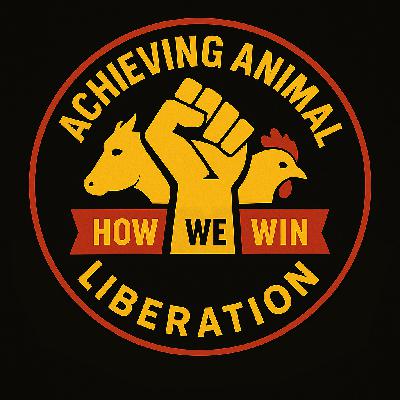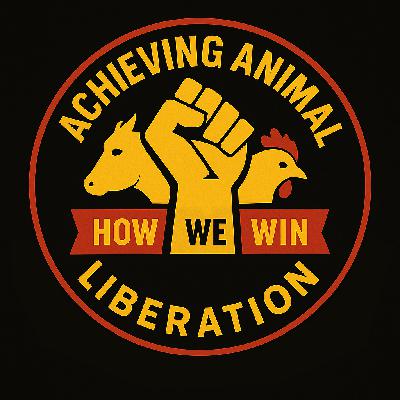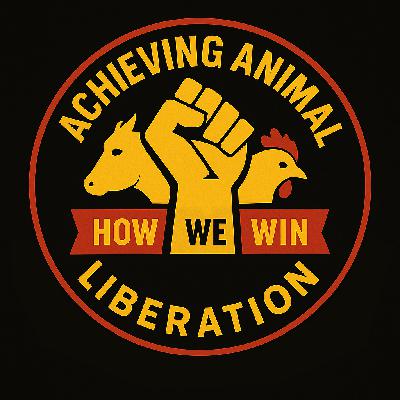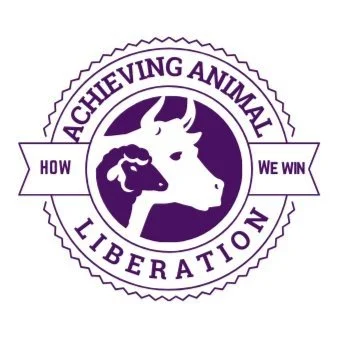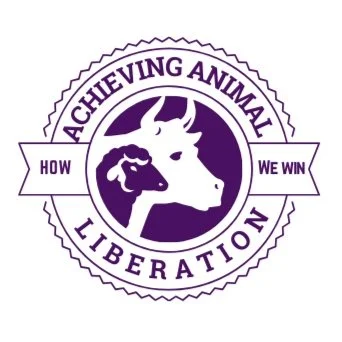Disability rights were on our minds after the fascism episode, so we talk about how as vegans, we should understand disability and fight for inclusion. You will get to hear the rarely heard part of our couple meet-cute, wherein Devs and Vas love each other for their disabilities, not in spite of them. The book referenced last week that we are talking about at the beginning of the episode: Beasts of Burden: Animal and Disability Liberation by Sunaura TaylorDefinition of “stimming”: The term comes from self-stimulating behavior, although self-soothing behavior is perhaps a more accurate description. Autistic people are known for less socially-accepable “stims” such as hand flapping and rocking, while habits like nail biting and hair twirling are common for all neurotypes. Vasile’s stim is very unique andThe New York Times article we mention about banned words: These Words Are Disappearing in the New Trump Administration(A sample of words included, since there is a paywall on the article: accessible, activism, advocacy, affirming care, allyship, anti-racism, assigned at birth, barrier, bias, BIPOC, Black, breastfeed + person, chestfeed + person, climate science, cultural differences, DEI, DEIA, disability, discrimination, diversity, equality, equity, exclusion, female, feminism, gender, gender based violence, Gulf of Mexico, hate speech, health disparity, hispanic minority, historically, identity, immigrants, implicit bias, inclusion, indigenous community, inequality, injustice, institutional, intersectional, key populations, Latinx, LGBT, LGBTQ, marginalized, mental health, minority, multicultural, Mx, Native American, nonbinary, oppression, orientation, people + uterus, person-centered, polarization, political, pollution, pregnant person, prejudice, privilege, pronoun, prostitute, race, racial inequality, racism, segregation, sex, sexuality, social justice, socioeconomic, stereotype, systemic, they/them, trans, transgender, transsexual, trauma, tribal, underprivileged, underserved, victim, vulnerable populations, women)Vasile’s article mentioned in the episode: The Personal Is Political: Orthorexia Nervosa, the Pathogenization of Veganism, and Grief as a Political ActRead and watch more of Vasile's research and join our community at winforanimals.org





